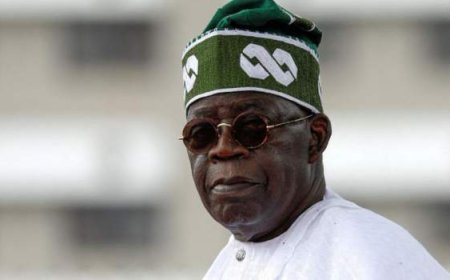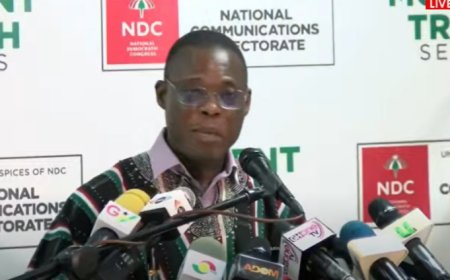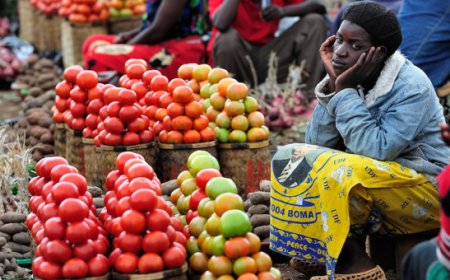Urgent Action Needed to Protect Female Representation in Parliament: Gender Specialist Warns
A Social Development and Gender Specialist consultant, Dr. Miriam Rahinatu Iddrisu, warns of a potential reduction in female Members of Parliament (MPs) in the upcoming session if action is not taken to safeguard female candidates' seats. Dr. Iddrisu urges political parties to implement action plans, such as safe seats or quota systems, to support and promote female participation in politics. The loss of incumbent female MPs in recent party primaries underscores the need for urgent action to ensure gender equality in political representation.

The warning from Dr. Miriam Rahinatu Iddrisu, a Social Development and Gender Specialist consultant, about the potential reduction of female Members of Parliament (MPs) in the upcoming parliamentary session underscores a concerning trend. The loss of female MPs in recent party primaries, particularly within the two dominant political parties, the New Patriotic Party (NPP) and the National Democratic Congress (NDC), highlights a need for action to support and protect female candidates.
Dr. Iddrisu's recommendation for political parties to implement action plans to safeguard the seats of female parliamentary candidates is crucial. These plans should not only focus on supporting current female MPs but also on promoting and encouraging future female participants within the parties.
The observation of a significant reduction in the number of female MPs due to losses in party primaries is alarming. It indicates a regression rather than progress in terms of women's representation in leadership positions within the country's democracy.
The call for the passage of the Affirmative Action Bill and the implementation of better policies by political parties, such as safe seats or quota systems for women, is essential. These measures can help address the imbalance and ensure fair representation of women in Parliament.
Dr. Iddrisu's suggestion to reduce filing fees for women contesting in primaries is practical and can encourage more women to participate in politics. Additionally, ensuring a minimum representation of female MPs, such as 25 percent in Parliament, is a step towards achieving the goal of 30 percent women's representation.
The media's role in sensitizing the public about the importance of women's leadership and skills in politics is crucial. Changing perceptions regarding gender and leadership can contribute to increasing support for female candidates.
Commending female MPs who won in their party primaries is important for acknowledging their efforts and encouraging continued engagement in politics. Their visibility and effective communication of messages are vital for success in national elections.
The loss of incumbent female MPs in recent party primaries, as highlighted by Dr. Iddrisu, underscores the challenges women face in maintaining their positions in politics. Addressing these challenges through supportive policies and actions within political parties is imperative for advancing gender equality and ensuring women's meaningful participation in governance.
What's Your Reaction?






































































